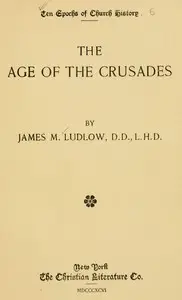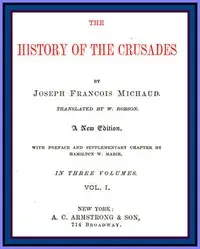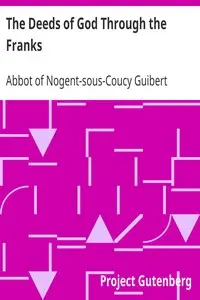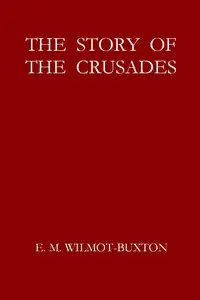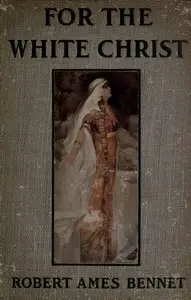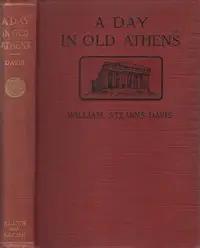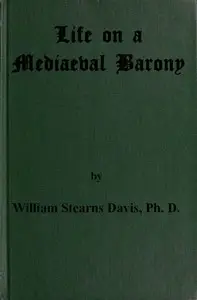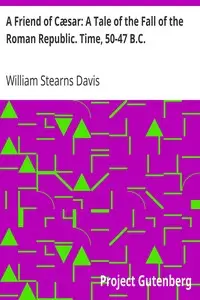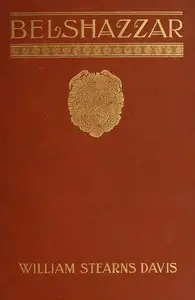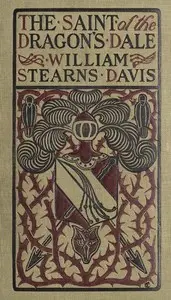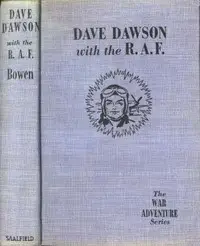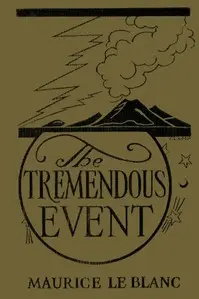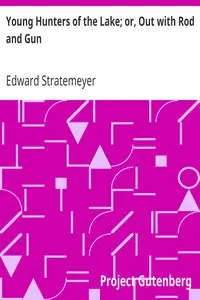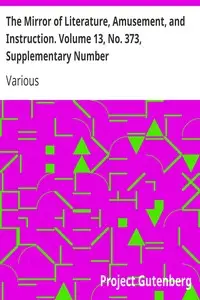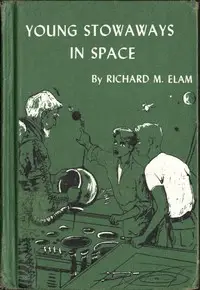"God Wills It!" by William Stearns Davis is a historical novel that plunges into the heart of the First Crusade. The book follows Richard Longsword, a young nobleman, as he becomes entangled in the complex conflicts between Christians and Muslims. The story begins with a powerful scene of the dying Pope Gregory VII, fueling the Crusade’s fiery start. Richard’s journey sees him band together with his father and others, and fighting off Berber raiders, ultimately saving a Greek lady and forming an unexpected bond with Musa, a persecuted Spaniard. Through Richard’s eyes, the novel explores themes of faith, courage, and the clash of cultures in a world consumed by war and religious fervor.
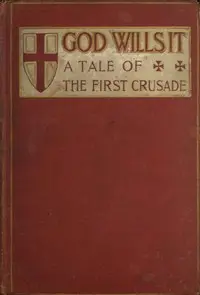
"God Wills It!" A Tale of the First Crusade.
By William Stearns Davis
Amidst a world of clashing cultures, a young nobleman's quest is defined by his faith, his bravery, and the unlikely friendships he builds during the tumultuous First Crusade.
Summary
About the AuthorWilliam Stearns Davis was an American educator, historian, and author. He has been cited as one who "contributed to history as a scholarly discipline,. .. [but] was intrigued by the human side of history, which, at the time, was neglected by the discipline." After first experimenting with short stories, he turned while still a college undergraduate to longer forms to relate, from an involved (fictional) character's view, a number of critical turns of history. This faculty for humanizing, even dramatizing, history characterized Davis' later academic and professional writings as well, making them particularly suitable for secondary and higher education during the first half of the twentieth century in a field which, according to one editor, had "lost the freshness and robustness. .. the congeniality" that should mark the study of history. Both Davis' fiction and non-fiction are found in public and academic libraries today.
William Stearns Davis was an American educator, historian, and author. He has been cited as one who "contributed to history as a scholarly discipline,. .. [but] was intrigued by the human side of history, which, at the time, was neglected by the discipline." After first experimenting with short stories, he turned while still a college undergraduate to longer forms to relate, from an involved (fictional) character's view, a number of critical turns of history. This faculty for humanizing, even dramatizing, history characterized Davis' later academic and professional writings as well, making them particularly suitable for secondary and higher education during the first half of the twentieth century in a field which, according to one editor, had "lost the freshness and robustness. .. the congeniality" that should mark the study of history. Both Davis' fiction and non-fiction are found in public and academic libraries today.

